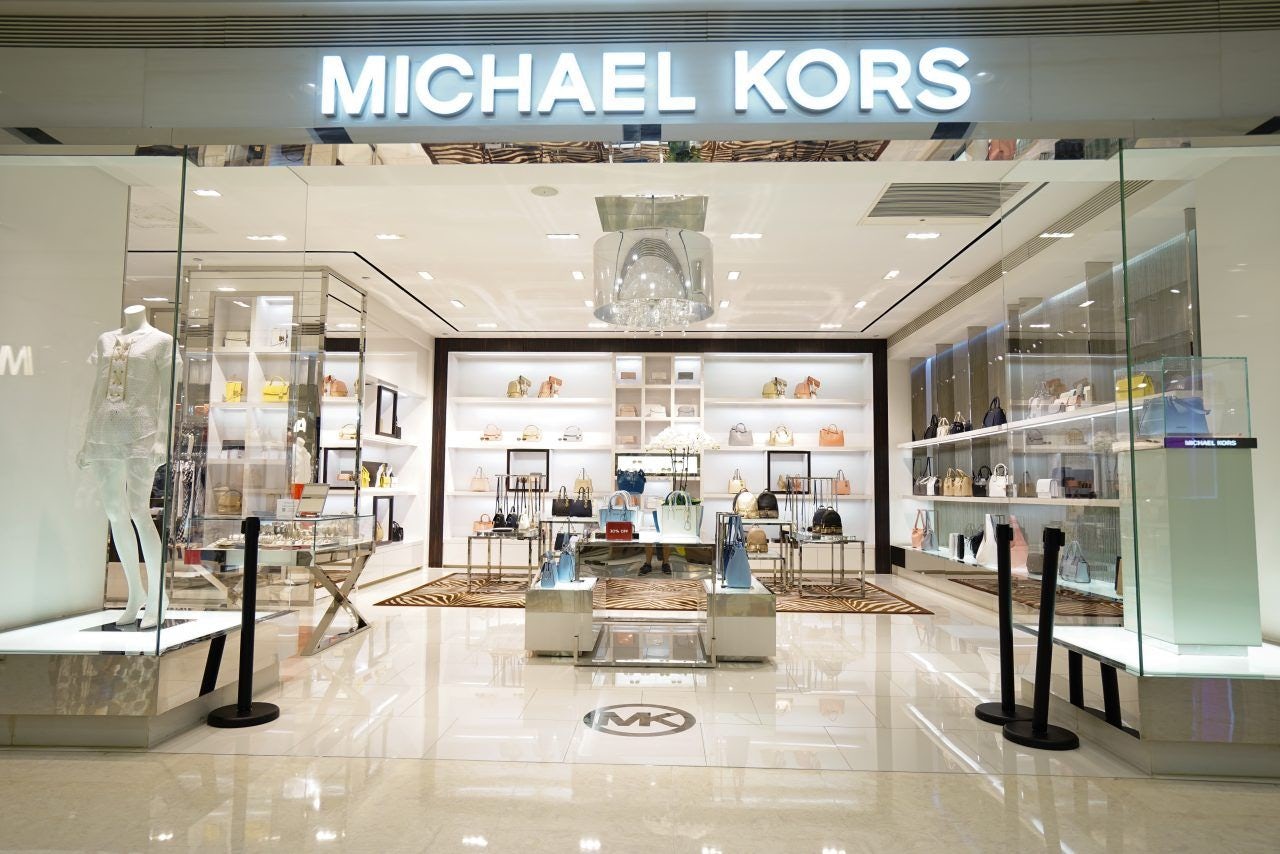China's retail industry experts have long been talking about the impending doom surrounding high-end shopping malls and department stores in the midst of an online shopping boom. Alibaba doesn't see it that way. The e-commerce giant is using its logistics know-how and spending power to create a shopping environment that merges online commerce with big data and brick-and-mortar. Its newest retail investment is another step towards this goal.
Earlier this week, Alibaba bought an 18 percent stake in Hong Kong-listed mainland retail company Lianhua Supermarket Holdings, making it the second largest shareholder. The hypermarket chain had been facing challenging times against the rise of online shopping in China, so having an e-commerce company as a stakeholder makes sense. But this purchase is just one in a long string of investments and partnerships Alibaba has undertaken over the past six months, fleshing out the vision for "new retail" outlined by Alibaba chairman Jack Ma at a conference in Hangzhou.
Ma said that in the next decade or two, what now is e-commerce would give way to a more integrated version of online and offline shopping, using technology and big data to improve the shopping experience for the consumer. In a major step toward making this happen, Alibaba made a US2.6 billion bid to make one of China's leading department store operators, Intime Retail, private. Alibaba had already been backing the Beijing-based company, which touts luxury brands like Burberry and Chanel in China's second-tier cities and also oversees the Lotte mall in Beijing's famous Wangfujing street. Intime does online-to-offline marketing and mobile app development with the help of Alibaba to bring luxury shoppers into the physical retail space.
Then in February, Alibaba announced it was partnering with Chinese retailer Bailian Group, of which Lianhua Supermarket is a subsidiary. Together they would work on developing artificial intelligence and big data technology for retail stores, as well as give Chinese consumers the opportunity to use third-party mobile payment system Alipay in Bailian's stores. Bailian operates supermarkets in China, but the strategy could easily be applied with success to a higher-end scale, as it has with Intime.
The “new retail” concept, or, at least, versions of it, is one that's being discussed by experts in the global luxury industry, as the online retail space and new technologies have changed the face of how a new generation of younger, digitally-savvy consumers shop.

